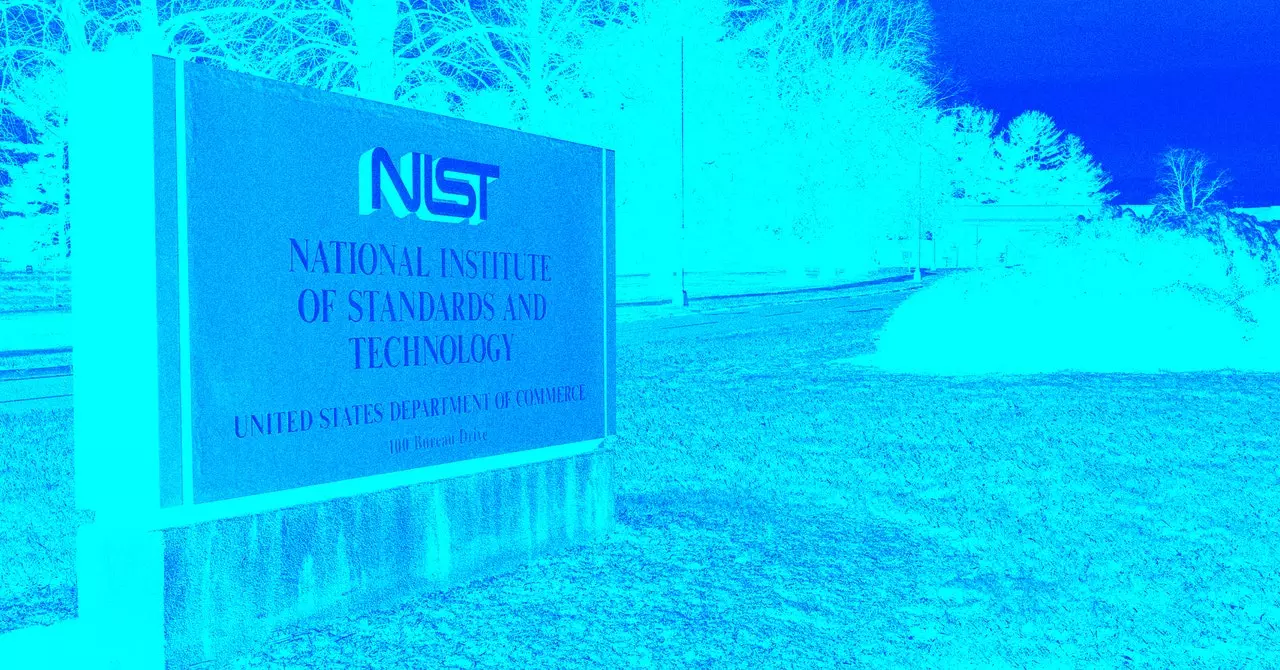The landscape of federal institutions is undergoing seismic shifts under the watchful gaze of new political leadership. One agency, the National Institute of Standards and Technology (NIST), is caught in the crosshairs of proposed budget cuts and layoffs dictated by the recent administration’s economic strategies. At the forefront of this turmoil is the likely dismantling of key personnel and programs that are essential for ensuring the safety and reliability of technologies that touch nearly every aspect of American life—from health and safety standards in beauty products to sophisticated benchmarks for emerging technologies such as quantum computing.
The Impacts of Leadership Changes on NIST’s Workforce
The recent transition in governance has led to widespread anxiety among employees at NIST. Initiated by President Donald Trump’s administration, a purported directive has been issued to cut spending across federal departments, sparking fears of immediate layoffs. Alarmingly, insiders report that a contingent associated with DOGE, linked to billionaire Elon Musk, has been spotted scouting NIST’s facilities. This has intensified the speculation surrounding the agency’s future as staff members face an uncertain work environment. The presence of DOGE at NIST’s Gaithersburg, Maryland campus raises eyebrows about the motivations behind potentially remapping the agency’s priorities and how those priorities might align with private corporate interests.
While the initial wave of layoffs may focus on recent hires, the broader implications are troubling. Reports suggest that not only are junior staff in jeopardy, but so are some of the most experienced professionals in leadership positions, including three lab directors who were recently celebrated for their contributions. The potential loss of these individuals indicates a troubling trend: as NIST navigates the reshuffling caused by political and corporate influences, its institutional knowledge—the lifeblood of effective and innovative regulatory practices—is at risk.
Diminishing Focus on AI Safety Initiatives
One area particularly vulnerable to the impending layoffs is the U.S. AI Safety Institute (AISI). Initially established following former President Biden’s executive order aimed at ensuring the safe development of AI technologies, AISI is now bracing itself amid the policy reversal enacted by the Trump administration. The strategic decision to rescind AI safety measures raises questions about the government’s commitment to regulating powerful emerging technologies, especially as vocal advocates for responsible AI deployment depart from crucial roles.
The departure of AISI’s inaugural director, Elizabeth Kelly, along with other senior leaders working on AI, sends a daunting signal: the once-priority focus on AI safety is losing steam in favor of politically expedient decisions that attempt to bolster American dominance in global AI markets. Vice President JD Vance’s comments at the recent AI Action Summit further reinforce this trend, as he openly disregarded the importance of safety standards in AI, thereby downplaying the destabilizing implications of unfettered AI development without regulatory oversight.
The unfolding scenario at NIST represents more than just an isolated corporate-style restructuring; it encapsulates a broader ideological battle over the direction of federal policy and the potential erasure of critical safety measures in rapidly evolving technological fields. As stakeholders in these advancements—from corporations to legislative bodies—navigate the complex interplay of fiscal propriety, innovation, and responsibility, it is crucial to assess the long-term ramifications of prioritizing economic efficiency over scientific integrity and consumer safety.
The challenges faced by NIST serve as a microcosm for the tensions between governmental responsibility and market-driven forces. With rapid technological advancements that could alter the fabric of society, the need for careful, informed governance has never been more pressing. If the federal agency, along with similar institutions, loses its focus on safety and accountability in the name of expediency and profit, the repercussions could be felt across multiple dimensions of daily life. In times of transition, maintaining a commitment to foundational standards must remain a cornerstone of American governance to secure not just technological advancement, but the safety and well-being of its citizens.

